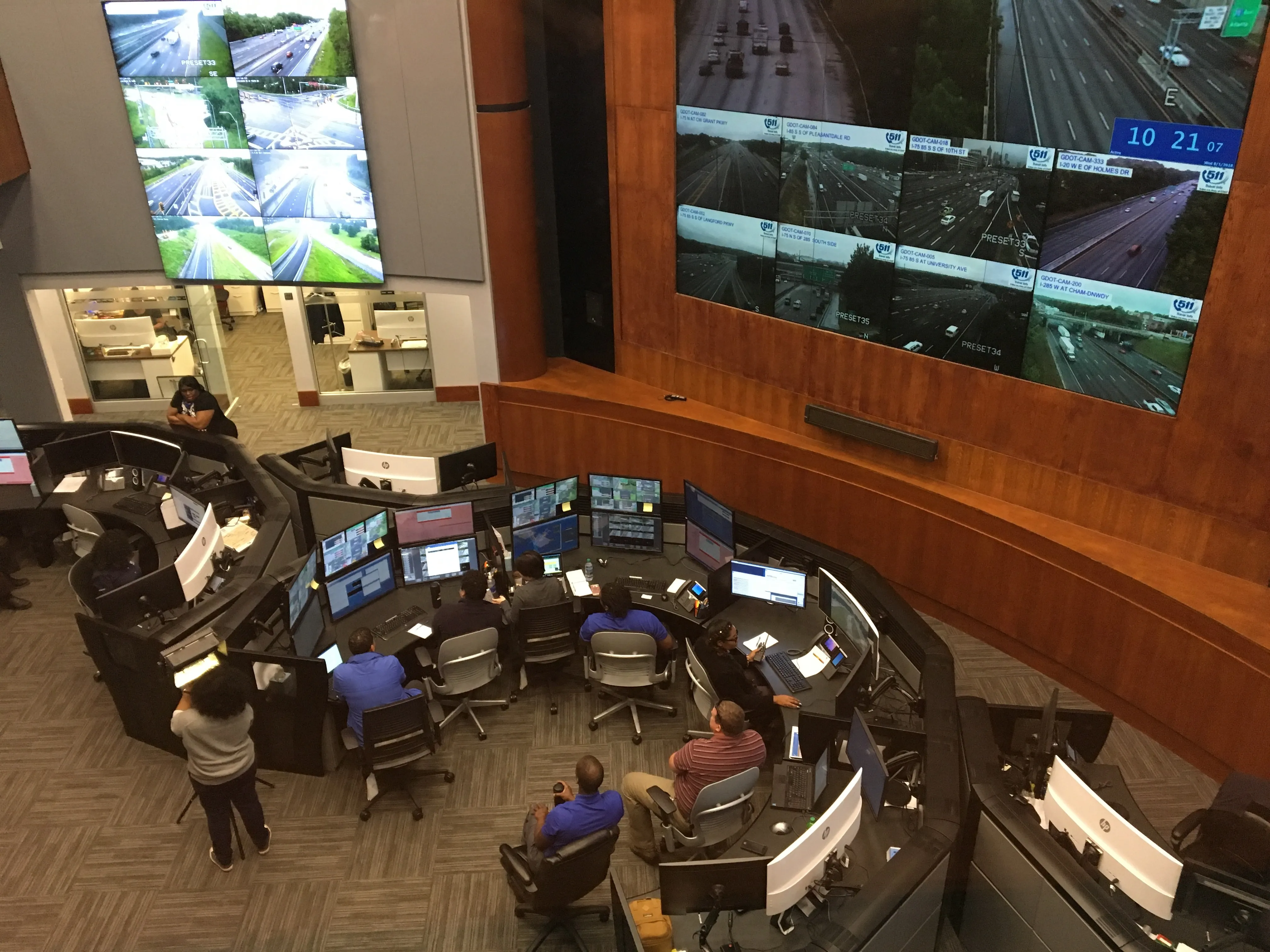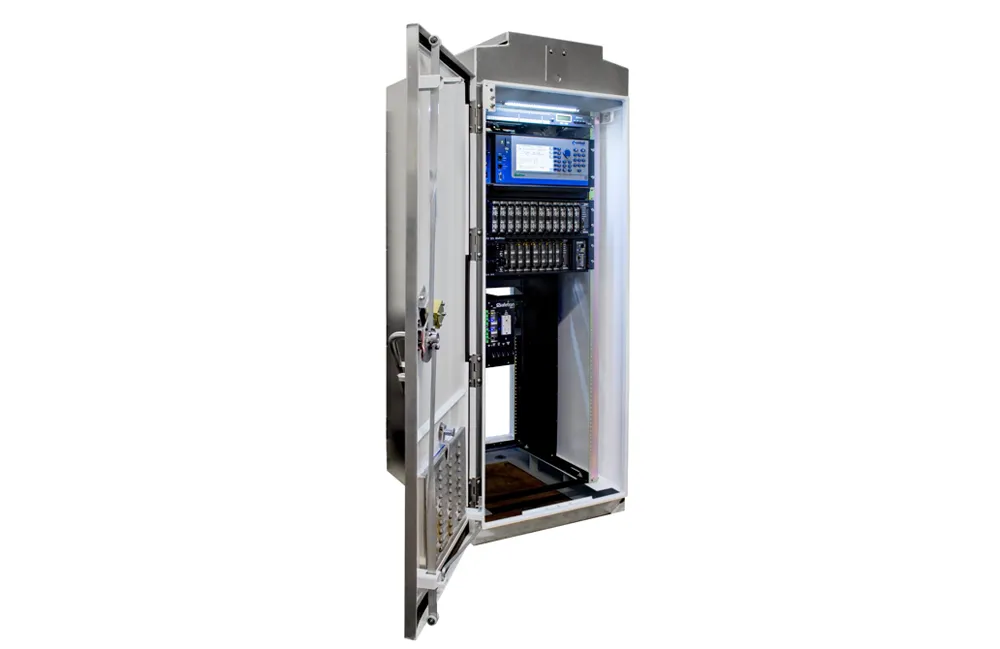
Q-Free is to provide statewide traffic management software in Georgia and upgrade its central traffic signal management system to Kinetic Signals.
As part of the ten-year deal, Q-Free is to provide the Georgia Department of Transportation (DoT) with central traffic management software, Intelight Maxtime intersection control software and all associated intersection traffic controller hardware services.
Kinetic Signals is a technology update and re-brand of Georgia DoT’s current Intelight Maxview advanced traffic management system.
Q-Free says Kinetic Signals offers centre to centre operations through open data sharing, crucial to the regional integration of traffic management and coordination during emergencies.
The company hopes the Georgia DoT will play a significant role in testing new modules as the development of its Kinetic Mobility integrated traffic management platform continues.
Q-Free has been working with the Georgia DoT since 2016.
Tom Stiles, Q-Free executive vice president of urban sales, says the agency's “passion and persistence have directly influenced our product development and –to a degree– served as a building block for our new Kinetic Signals system”.
“Georgia DOT has been a fantastic partner in driving technology through their research and deployment,” Stiles continues.
“We look forward to continuing that relationship for the benefit of the state’s residents, but also for communities outside the state who stand to benefit from everything we learn with Georgia.”
Open data sharing and communications protocols were a Georgia DoT requirement in the original and current contract.
Q-Free claims it was the first traffic management vendor to openly share its management information bases, the computer language traffic management devices use to communicate with each other.










